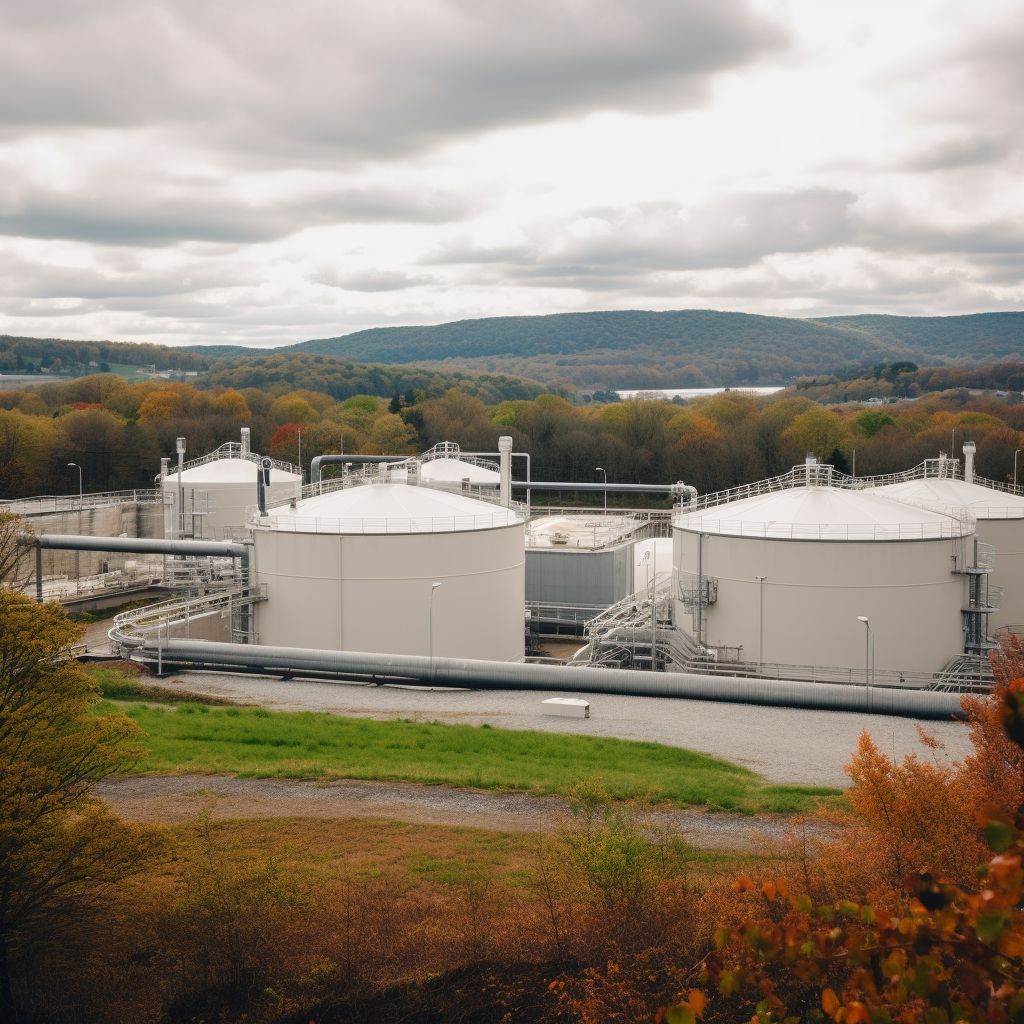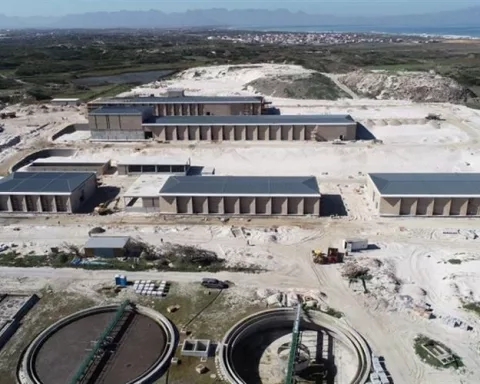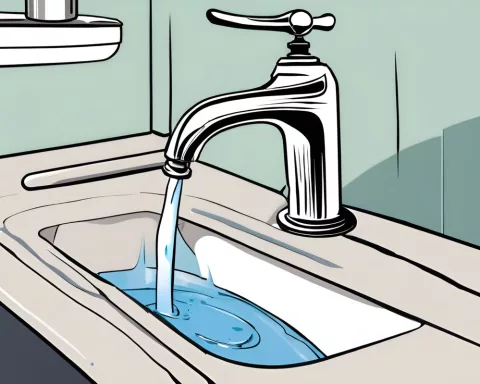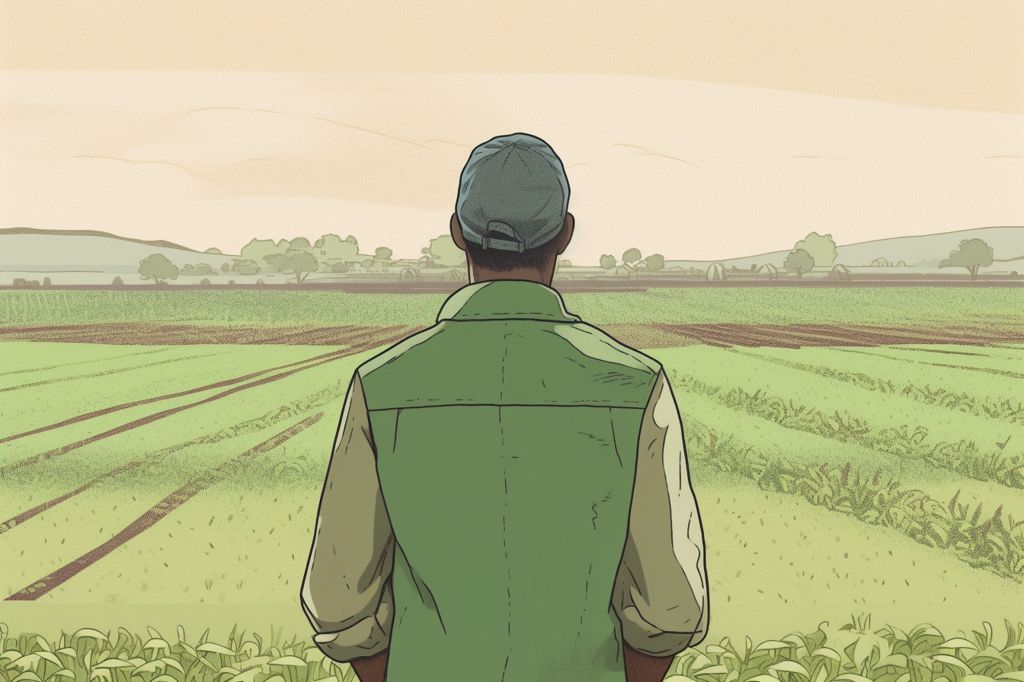Minister Senzo Mchunu’s Oversight Visit to Evaluate Refurbishment and Upgrading of Water Supply Schemes in KwaHlabisa and Mtubatuba
In May of 2023, Minister Senzo Mchunu of Water and Sanitation, along with Deputy Ministers David Mahlobo and Judith Tshabalala, conducted a crucial ministerial visit to the northern KwaZulu-Natal district of uMkhanyakude. The purpose of this visit was to evaluate the progress made in refurbishing and upgrading the water supply schemes in KwaHlabisa and Mtubatuba Local Municipalities.
Intervention Initiation
Minister Mchunu initiated this intervention by enacting Section 63 of the Water Services Act in February of the previous year. This particular section of the act addresses the water challenges faced by the district municipality and designates Mhlathuze Water as an Implementing Agent responsible for managing, operating, and maintaining water and sanitation infrastructure to restore services within the district.
uMkhanyakude District Overview
The uMkhanyakude District is comprised of five local municipalities, namely The Big Five False Bay, Hlabisa, Mtubatuba, Jozini, and Mhlabuyalingana. The ministerial visit aimed to assess and analyze the district’s water supply schemes, which are currently undergoing refurbishment to alleviate the water challenges faced by the region.
Ministerial Delegation Engagements
During their visit, the ministerial delegation participated in meetings with executives from Mhlathuze Water, the uMkhanyakude district, The Big 5, Hlabisa, and Mtubatuba local municipalities. They also engaged with uMkhanyakude district Water User Associations and the KwaZulu-Natal Provincial House of Traditional Leaders. Community members from KwaHlabisa and Mtubatuba were informed about updates and plans for the water supply project.
Community Engagements
The community engagements took place over two days, May 11th and 12th, at Mkhaliphi Stadium in eNhlwathi, KwaHlabisa, and Iholo lamakhosi in KwaHlabisa town. On the second day, the delegation visited the Bhoboza Water Supply Scheme project site and held a community engagement at KwaMsane Sports Ground in Mtubatuba.
Media Coverage
Members of the media were invited to attend and provide coverage for the events, offering the public the opportunity to stay informed about the progress of the water supply schemes. The media coverage also highlighted the government’s efforts to address the water challenges faced by the uMkhanyakude District. Through this visit, the ministerial delegation aimed to ensure a thorough assessment of water supply schemes and take necessary steps to improve water access and quality for residents in the region.












